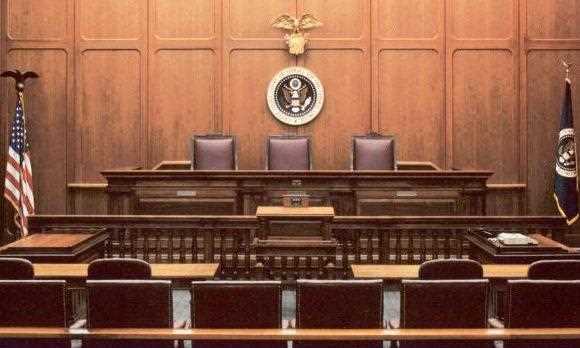Government court is a term used to portray the arrangement of courts in the United States that have purview at the Federal or national level. The Federal arrangement of courts directs matters concerning the United States Constitution and Federal laws, guidelines and controls. This is in refinement to the state court framework, which has purview over issues concerning the laws, standards, and directions of the individual states.

The Federal court framework comprises of three distinct levels. The first or most minimal level in the Federal court framework comprises of the U.S. Area Court. The District Courts are the preliminary courts of the Federal legal framework and most Federal court cases start in a District Court.
The center level of the Federal court framework comprises of the U.S. Court of Appeals, which is partitioned into 12 local, or "Circuit" courts. At the point when a choice is come to in U.S. Locale Court, a gathering may ask for that the choice is looked into by a three-judge board from the Court of Appeals. The Court of Appeals may upset a choice of the lower court, have the case looked into by the whole Circuit Court, remand the case back to the District Court for re-audit, or do nothing and enable the first choice to stand.
The most elevated court in the Federal court framework is the Supreme Court of the United States. The U.S. Preeminent Court comprises of the Chief Justice of the United States and eight Associate Justices. The Supreme Court may, as indicated by their prudence and rules set by the U.S. Congress, survey cases from the U.S. Court of Appeals and cases from state preeminent courts that have Federal ramifications. In the United States, the Supreme Court is the last court that a case might speak to. Choices of the Supreme Court can't be claimed.
The U.S. Preeminent Court likewise can nullify enactment or activities of the administration which the Court decides to be unlawful. This power has come to be known as "Legal Review." The judicial audit is an essential component of the arrangement of "balanced governance" of the U.S. Central government and gives the U.S. Incomparable Court with a level of impact and power not regularly found in the legal arrangement of different countries.